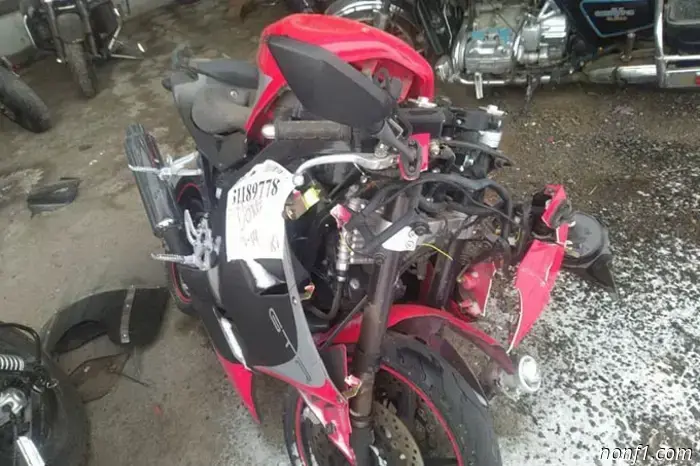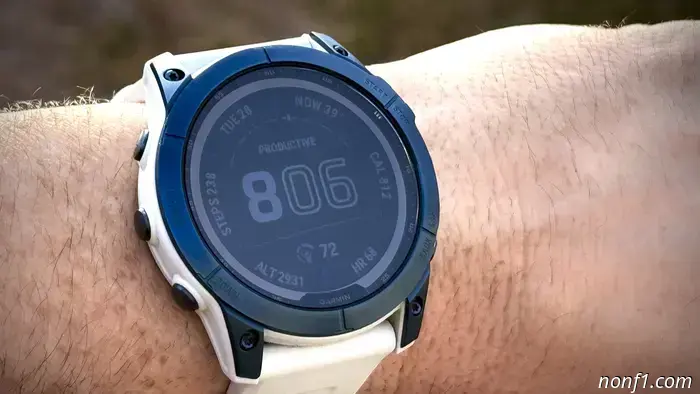
Essential Information Regarding Salvage Motorcycles
Purchasing salvage motorcycles can be an excellent option for those looking to save money or undertake a project. Many of these motorcycles are available through auction sites. However, they come with particular challenges and risks. If you are contemplating the purchase of a salvage motorcycle, it's crucial to understand the implications. This guide will assist you in making a well-informed choice.
What Is a Salvage Motorcycle?
A salvage motorcycle is a vehicle deemed a total loss by an insurance company. This label is generally applied when the cost of repairs exceeds a certain percentage of the motorcycle's estimated value. Factors contributing to this designation can include accidents, flood damage, theft recovery, or fire damage. Once categorized as "salvage," the motorcycle is no longer considered roadworthy and must be repaired and pass inspections before it can be legally driven again. While salvage motorcycles can represent a good deal, they often require considerable work to return to the road.
Advantages of Buying a Salvage Motorcycle
Salvage motorcycles are frequently offered at a much lower price than their market value, making them appealing for budget-minded buyers or those who enjoy vehicle repairs. Auctions and listings may include rare or vintage motorcycles, which are gems for restoration enthusiasts. Even if you don't intend to fix the bike, salvage motorcycles can serve as an affordable source of parts for mechanics or hobbyists.
Disadvantages of Buying a Salvage Motorcycle
The full extent of the damage may not be immediately evident in a quick inspection, with structural or mechanical problems potentially arising later, leading to unanticipated repair costs. Many lenders are unwilling to finance salvage motorcycles, and obtaining insurance for them can be difficult. If coverage is available, it may come with restrictions. Moreover, a bike with a salvage title typically holds a lower resale value, complicating future sales. Restoring a salvage motorcycle demands time, effort, and expertise; if you lack the skills, hiring a professional can further increase expenses.
What to Consider When Purchasing a Salvage Motorcycle?
If you are contemplating buying a salvage motorcycle, begin by collecting as much information as possible regarding the bike’s history. Look for documentation that details the type and extent of damage it has undergone. Services like Carfax or VIN checkers can be helpful. Conduct a thorough inspection of the motorcycle or enlist a professional to do so. Focus on the frame, engine, and electrical system, as repairs to these components can be costly and crucial in assessing whether the bike is worth the investment. Before proceeding with a purchase, estimate the total repair costs, including parts, labor, inspection fees, and any other expenses required to make the bike roadworthy. Compare these costs to the value of a similar bike with a clean title. Each state has its own regulations regarding the registration and inspection of salvage motorcycles, so it's vital to be aware of the requirements in your area to avoid legal complications. Avoid motorcycles with flood damage, as they can lead to significant and often irreversible issues such as corrosion, electrical failures, and mold.
Tips for Restoring a Salvage Motorcycle
Start by identifying all necessary repairs for your motorcycle. Prioritize urgent fixes, particularly those involving the frame and engine, since these directly affect safety and performance. Use high-quality replacement parts to ensure safety and durability. Cutting corners on essential components can lead to future issues. Maintain meticulous records of all repairs and parts replaced, as these documents can be useful during inspections and increase the bike’s appeal to future buyers. Thoroughly check the bike’s brakes, tires, lights, and suspension system before taking it for a ride, as ensuring these components are in optimal condition is crucial for safety. Address cosmetic issues only after completing critical mechanical repairs to effectively manage your time and budget. Once repairs are finished, test the motorcycle to ensure everything functions correctly. Having a professional mechanic review the bike can provide additional reassurance. After all repairs are complete, take the motorcycle to an authorized inspection facility; this step is necessary for obtaining approval to apply for a rebuilt title. Finally, apply for the rebuilt title, which will allow you to register and insure your salvage motorcycle legally.
Alternatives to Buying a Salvage Motorcycle
If the risks associated with salvage motorcycles seem too high, consider exploring other options. A used motorcycle with a clean title may involve a higher initial cost but typically presents fewer risks and is less likely to have hidden damage or repair issues. Certified pre-owned motorcycles undergo extensive inspections and often come with warranties, offering buyers peace of mind. Some sellers may list bikes that require minor repairs but are not classified as salvage; these project motorcycles can strike a good balance between cost and risk.
Conclusion
Salvage motorcycles can be a fulfilling purchase for the right buyer, providing significant savings and opportunities for customization. However, they also involve risks that should not be overlooked. Before making a purchase, conduct thorough research, perform careful inspections, and plan your repairs. With the right approach, a salvage motorcycle can turn into a valuable investment or an enjoyable project. If you feel uncertain, consider exploring other options, such as used


Other articles
 Garmin Fenix 7X Sapphire Solar Review: It Functions as an OBDII System for You.
A GPS smartwatch designed to make fitness enjoyable for beginners with car-like statistics, while also elevating elite athletes to new heights.
Garmin Fenix 7X Sapphire Solar Review: It Functions as an OBDII System for You.
A GPS smartwatch designed to make fitness enjoyable for beginners with car-like statistics, while also elevating elite athletes to new heights.
 McLaren has clarified the position
Zak Brown talked about the company's interest in endurance racing, possibly at the expense of IndyCar or Formula E. Today in McLaren clarified this information.
McLaren has clarified the position
Zak Brown talked about the company's interest in endurance racing, possibly at the expense of IndyCar or Formula E. Today in McLaren clarified this information.
 2025 Toyota 4Runner Initial Drive Review: Why the Delay?
Had this 4Runner been released a few years earlier, I believe it would have been a major success. But here we are now.
2025 Toyota 4Runner Initial Drive Review: Why the Delay?
Had this 4Runner been released a few years earlier, I believe it would have been a major success. But here we are now.
 The press named several reasons for Hamilton's crash
The Italian press managed to find out several reasons that led to Lewis Hamilton's accident at the Barcelona test.
The press named several reasons for Hamilton's crash
The Italian press managed to find out several reasons that led to Lewis Hamilton's accident at the Barcelona test.
 Hebert commented on the exclusion of stewardship
The day before it became known about the decision of the FIA to exclude Johnny Herbert from the number of stewards. After waiting for a short pause, the former Formula 1 driver commented on the decision of the Federation.
Hebert commented on the exclusion of stewardship
The day before it became known about the decision of the FIA to exclude Johnny Herbert from the number of stewards. After waiting for a short pause, the former Formula 1 driver commented on the decision of the Federation.
 Piero Ferrari: Hamilton's age is not a problem
Piero Ferrari is impressed by the reception given to Lewis Hamilton by the tifosi in his first days with the team.
Piero Ferrari: Hamilton's age is not a problem
Piero Ferrari is impressed by the reception given to Lewis Hamilton by the tifosi in his first days with the team.
Essential Information Regarding Salvage Motorcycles
Motorsport | Salvage motorcycles can be an excellent choice for buyers seeking to save money or embark on a project. Numerous bikes in this category are accessible through (…)
